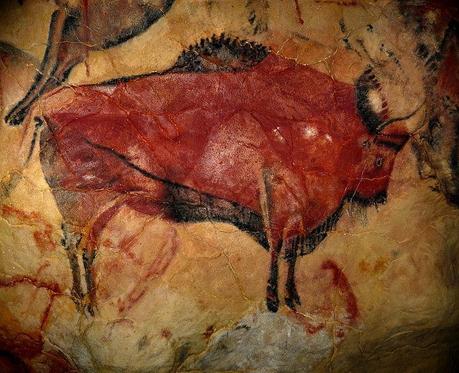With fall in the air it’s time for some fresh books. I’ve just ordered a couple, based on some intriguing reviews. Over at the LRB, Jonathan Ree covers Newton and the Origin of Civilization. Newton poses problems for scholars, as Ree explains:
The life of Isaac Newton falls into two halves, and the main problem for Newton studies is how to fit them together. In the first half he was a sulky Cambridge mathematician who, at the age of 44, astonished the world with a work of natural science that was soon recognised as one of the greatest books ever written. In the second he was a sleek London gentleman wallowing in power, wealth and prestige and devoting his intellectual energy to esoteric studies of the Bible. How could they be the same person?
Newton is a doubly liminal figure: by historical convention, he marks the late Renaissance transition from superstition to science. Yet by personal confession, Newton was a fervent Christian. His science was not a straightforward matter of math and observation — it driven in equal part by God’s mysterium and theological riddle. Newton saw no contradictions in all this.
While I’m confident the Newton book will be rewarding, I’m less sure about Shaman: A Novel of the Ice Age by Kim Stanley Robinson. If this LARB review is any indication, Shaman is riddled with all sorts of anthropological error. This is not a big deal for a novel, so long as the writing and ideas are good. But it was this observation that caught my attention and caused me to order it:
More broadly, and this would contrast Shaman with older prehistoric fiction, Robinson writes directly against a Darwinian view of these tribes as primitive. On the contrary, throughout the novel Loon and his companions come across as startlingly contemporary figures, never as quaint relics of a remote era.
Indeed.


